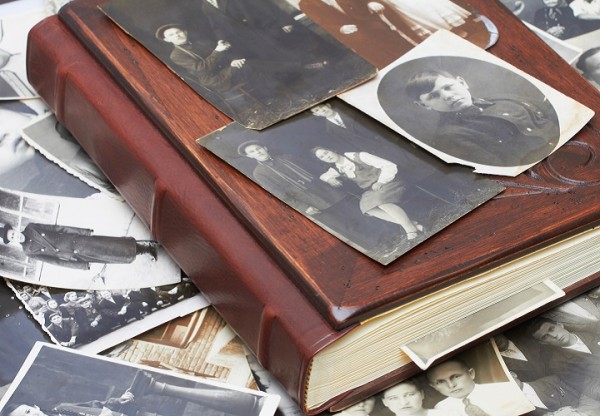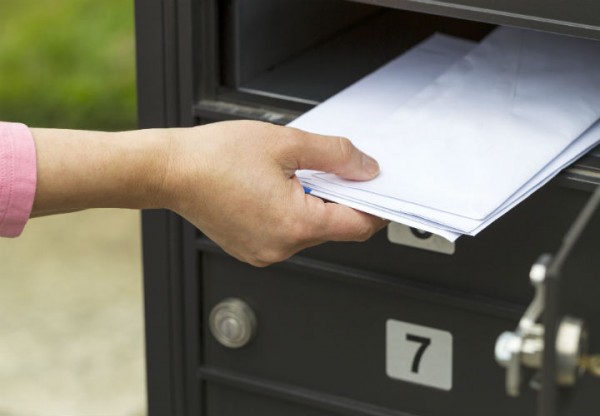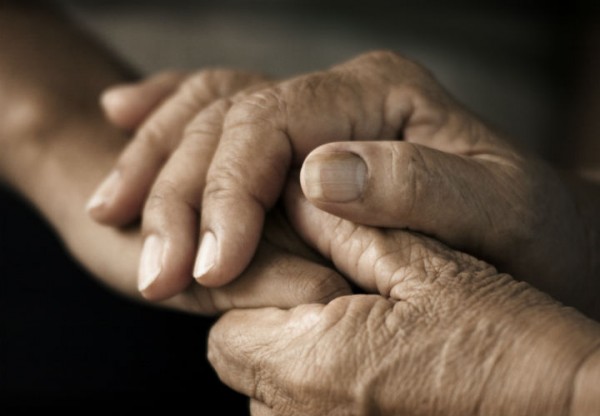The decision to take an adoption reunion journey is a big step! It is a search that can be full of bumps and hurdles, but can also be an exciting pilgrimage to self-discovery. Your search may last just a few days or weeks, while others search for years without success. There is no way to predict how long your search will be, but careful planning and preparation can help you navigate your way through the search. All the best for your search and reunion!
For adoptees considering the profound journey of reuniting with their biological family, a comprehensive guide is indispensable. The decision to embark on an adoption reunion journey is a deeply personal and often emotionally charged one. To help you navigate this transformative experience, it’s crucial to understand both the emotional and legal dimensions.
Emotionally, it’s common to grapple with anxiety, fear of rejection, or concerns about how your adoptive family might perceive your search. Acknowledging these emotions and seeking emotional support from friends, family, or professionals specializing in adoption-related issues can provide a crucial foundation for your journey. Emphasize the importance of emotional preparedness and self-care throughout your quest.






















